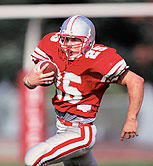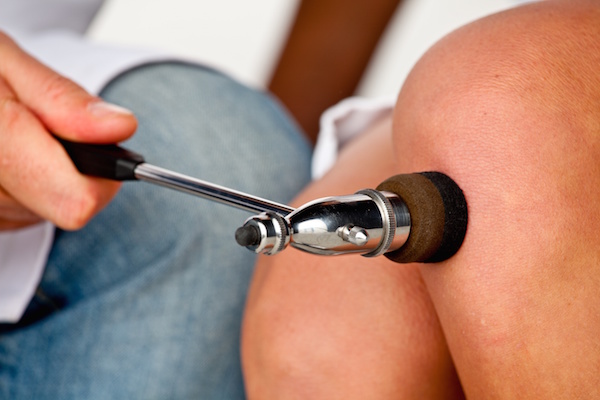
SATURDAY, Feb. 12 (HealthDay News) — A quick, simple test done on the sidelines of sports events can accurately detect concussion in athletes, a new study says.
The screening — known as the King-Devick test — is superior to current sideline tests that can fail to assess a wide range of brain functions, according to the researchers at the University of Pennsylvania School of Medicine.
For this test, athletes are asked to read single digit numbers on index-sized cards. Normally, it takes about one minute. Any increase in the time needed to complete the test suggests the athlete has suffered a concussion, particularly if the delay is more than five seconds longer than the athlete’s baseline test time.
The researchers said the test can detect impairments in eye movement, attention, language and other symptoms of concussion. This study of 39 boxers found that test times improved an average of one second for those who didn’t experience head trauma, but worsened 11.1 seconds for those who did suffer head trauma and 18 seconds for those who were knocked out.
The study appears online in the journal Neurology.
“This rapid screening test provides an effective way to detect early signs of concussion, which can improve outcomes and hopefully prevent repetitive concussions,” senior author Dr. Laura Balcer, a professor of neurology, ophthalmology and epidemiology, said in a university news release.
“If validated in future studies, this test has the potential to become a standard sideline test for athletes,” she added.
More information
The American Academy of Family Physicians has more about concussion in sports.

